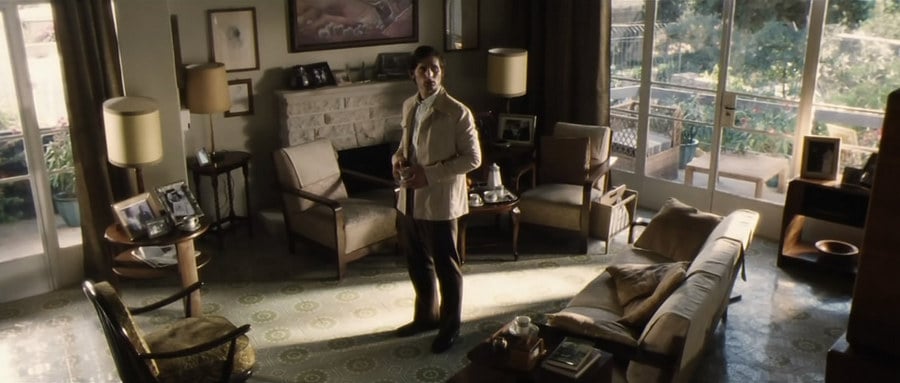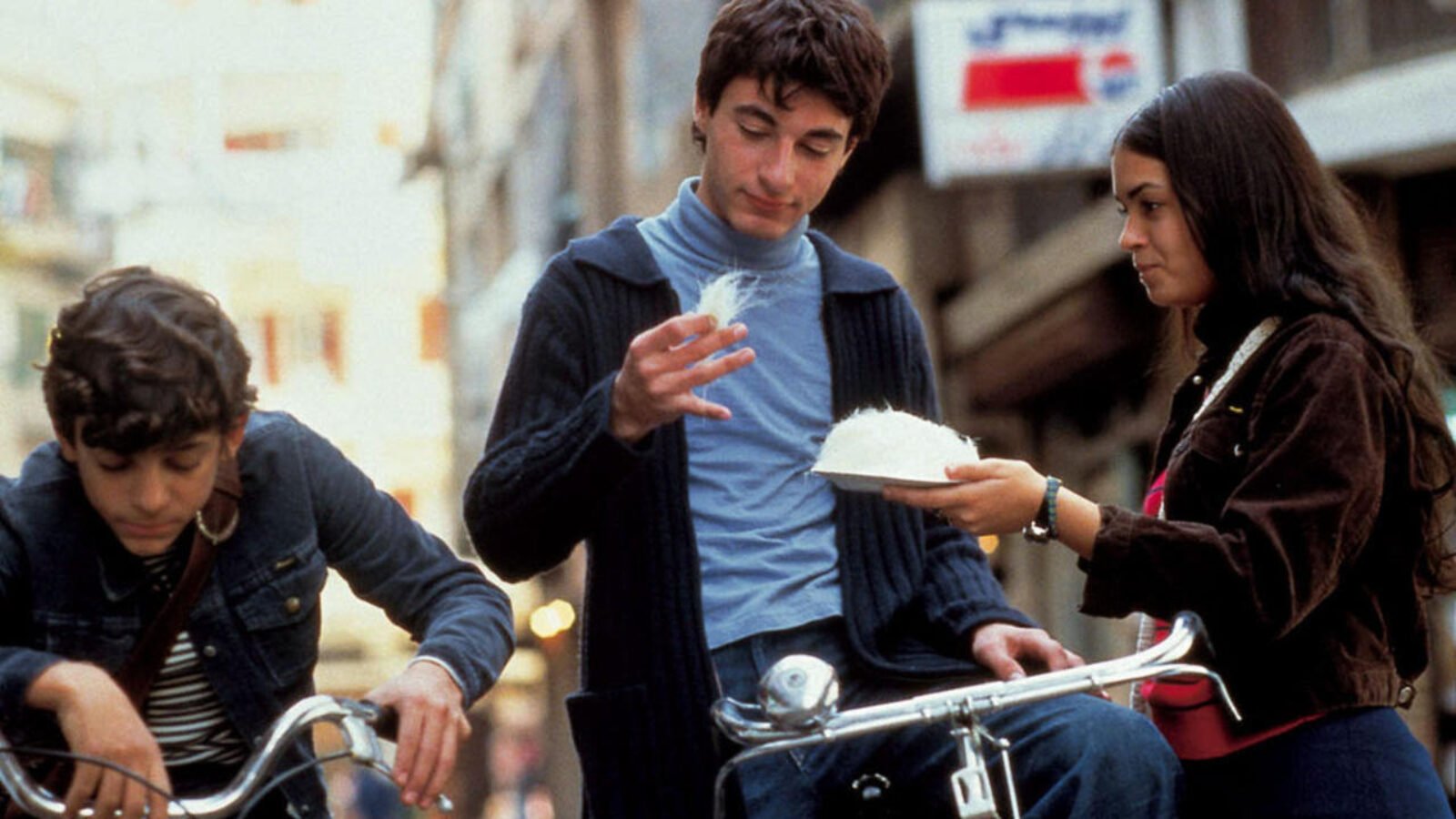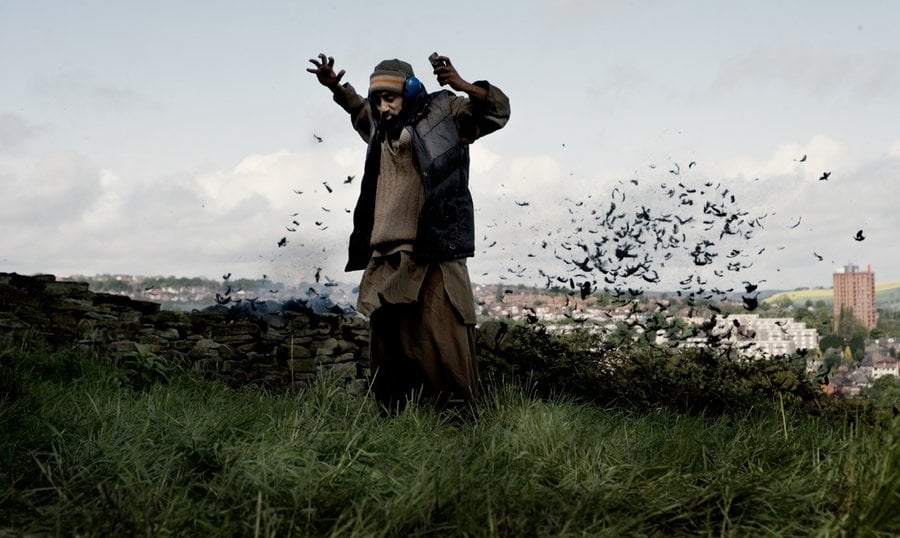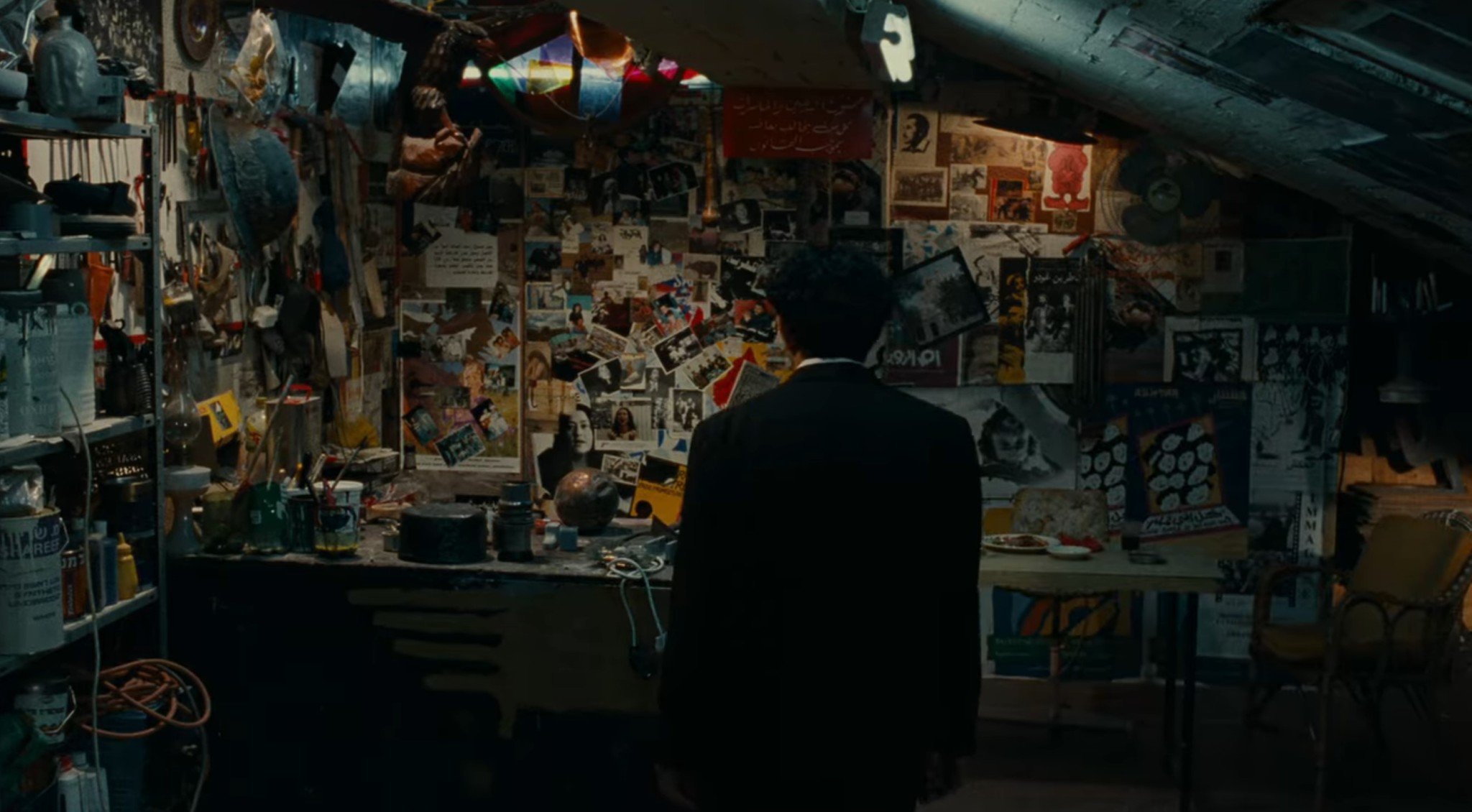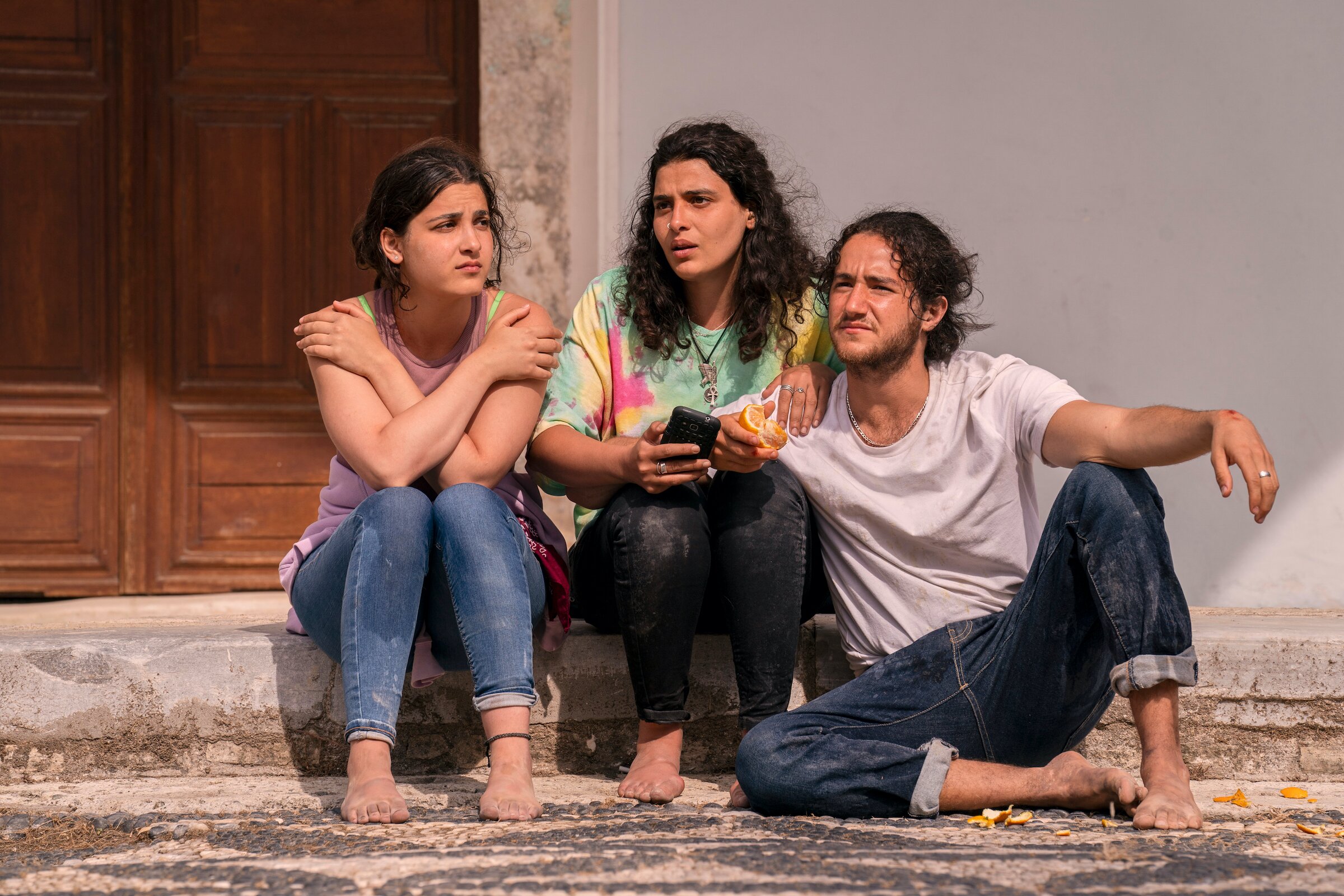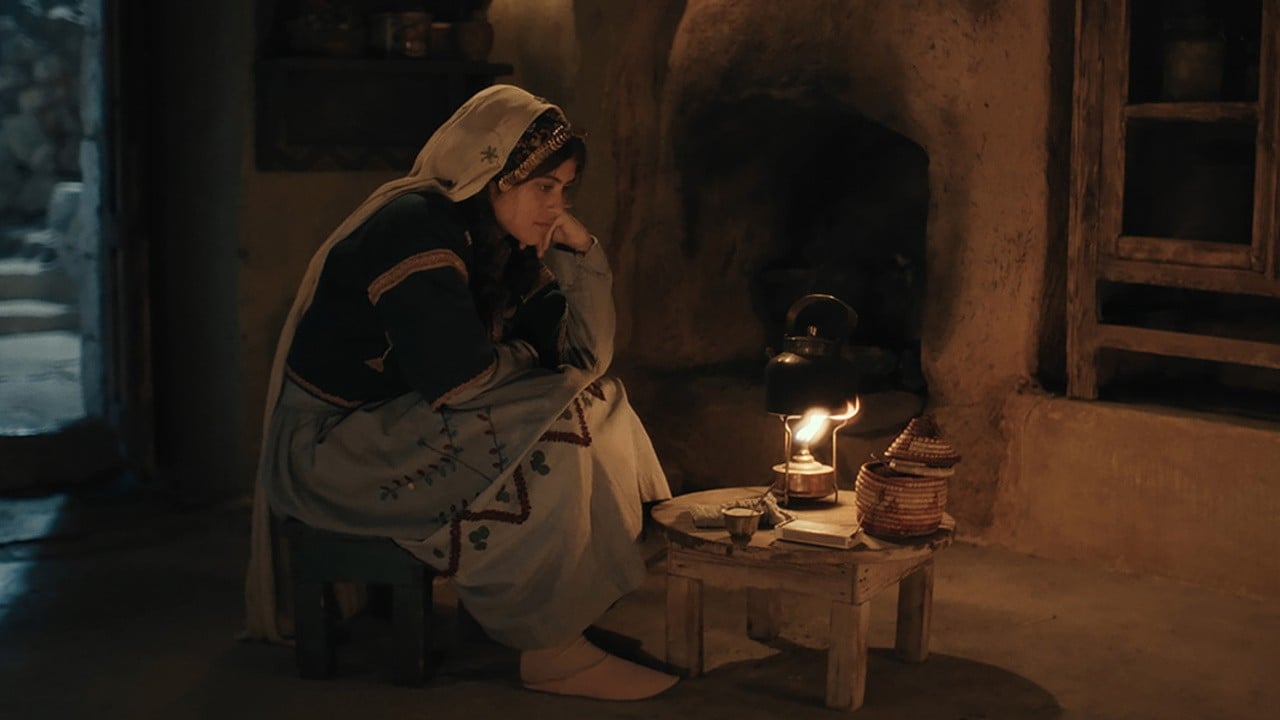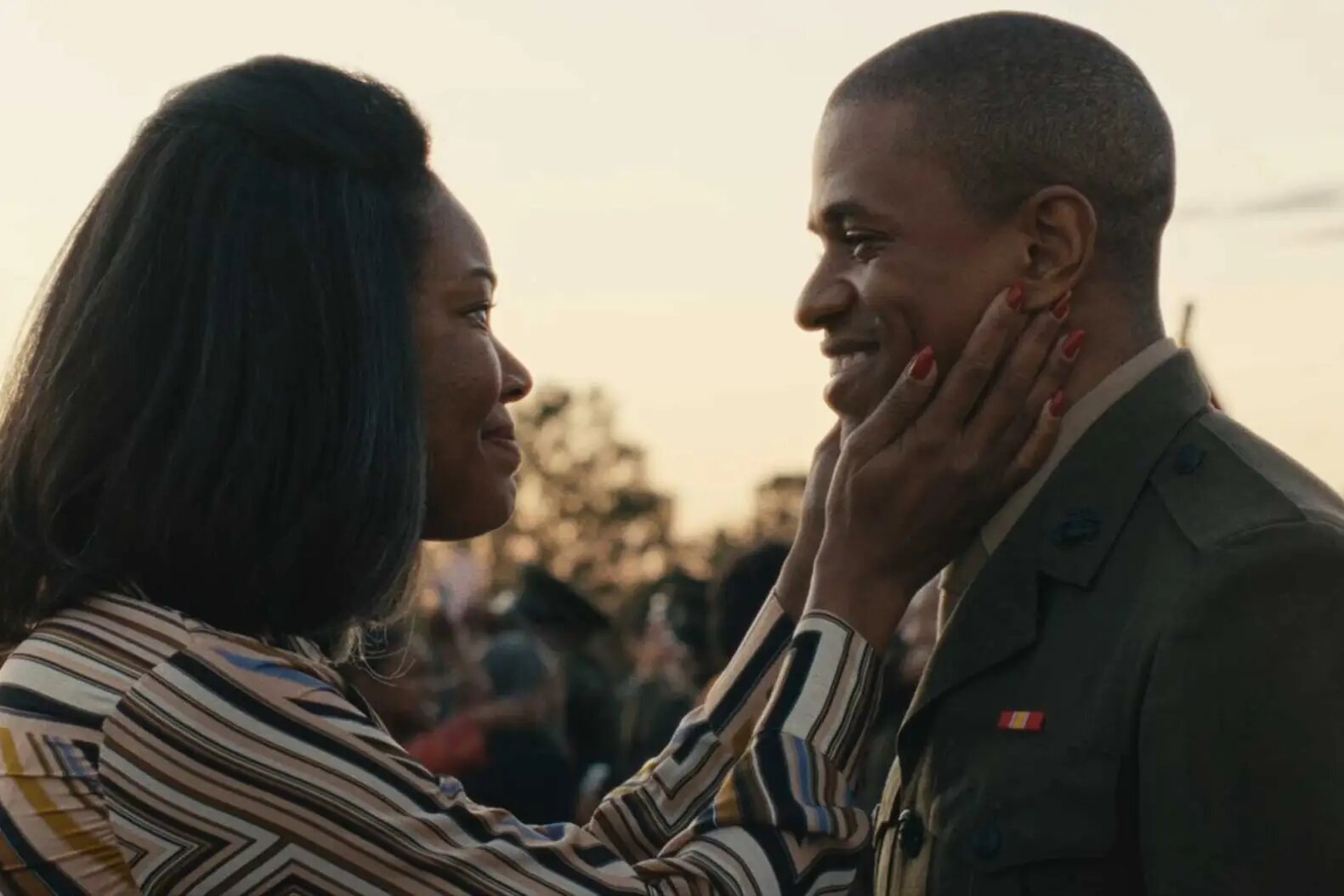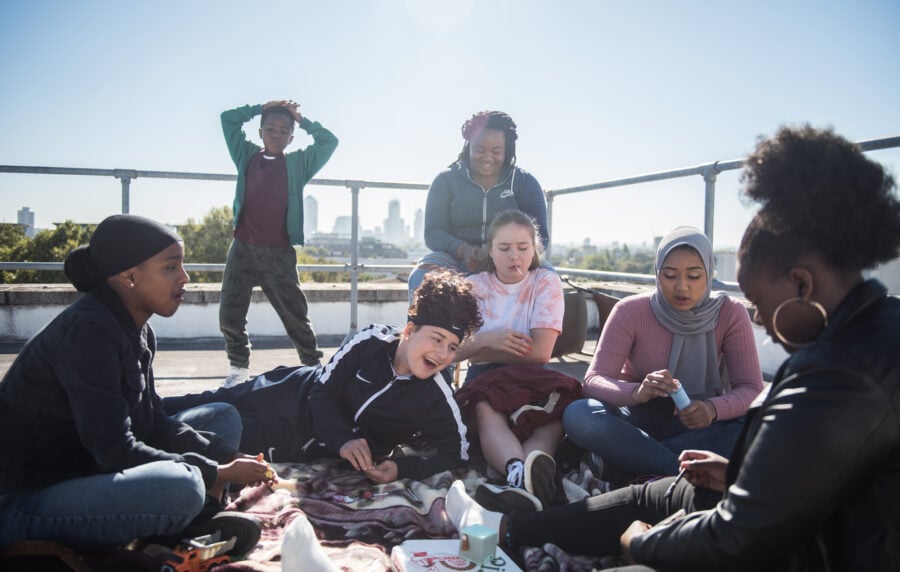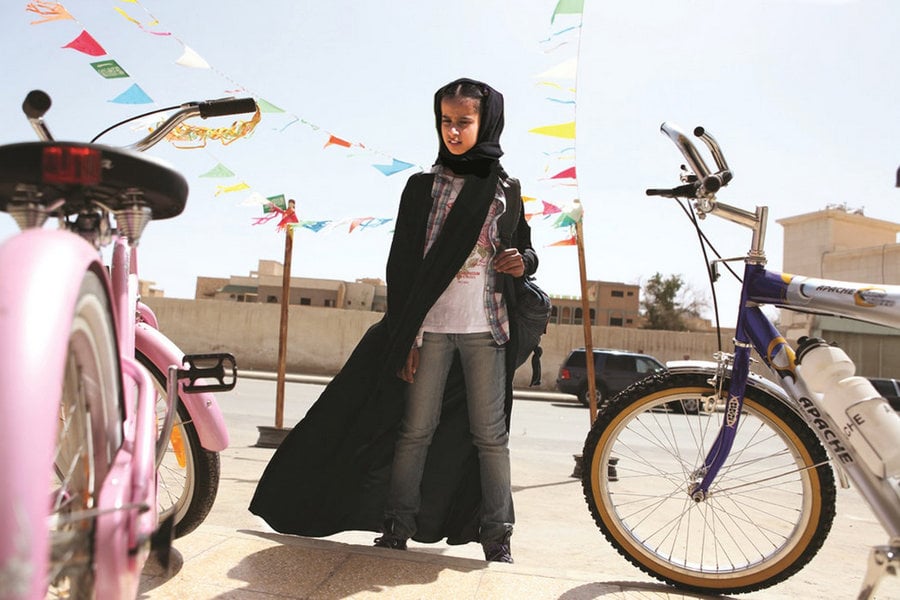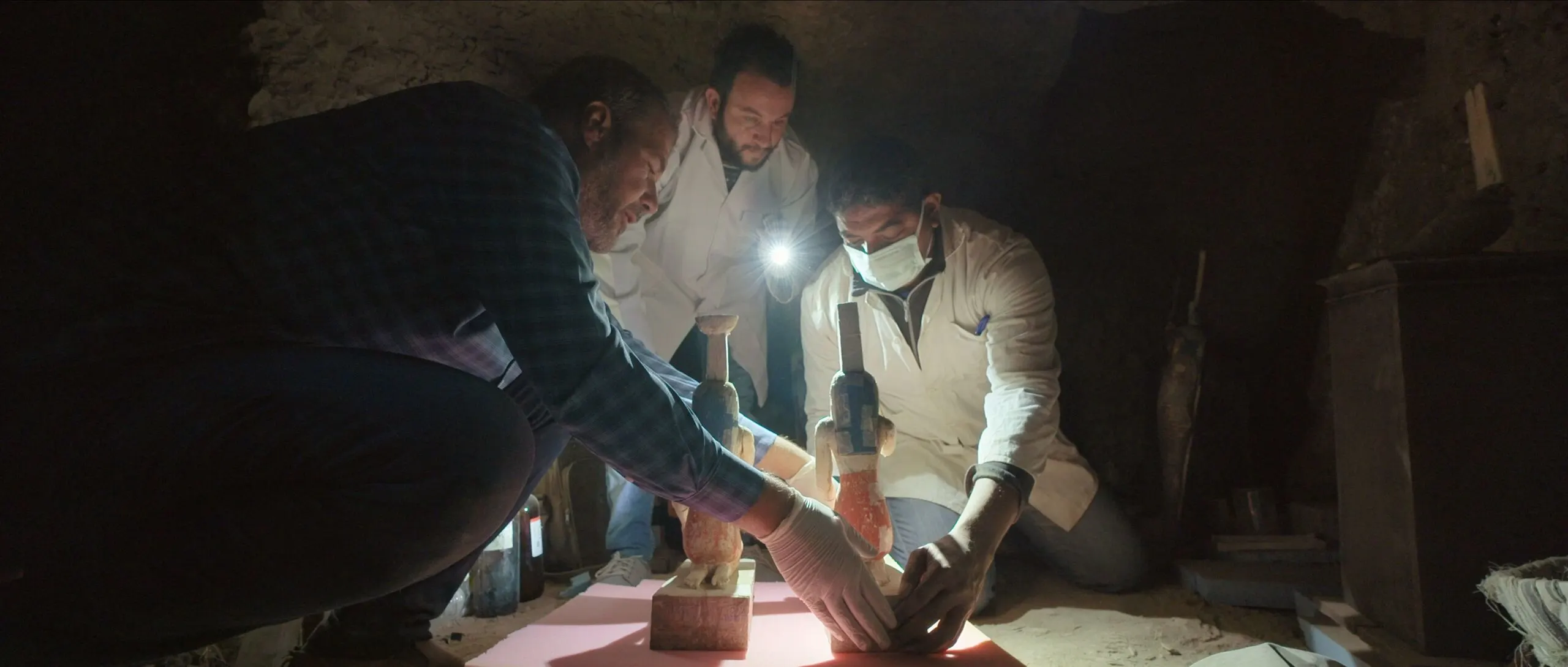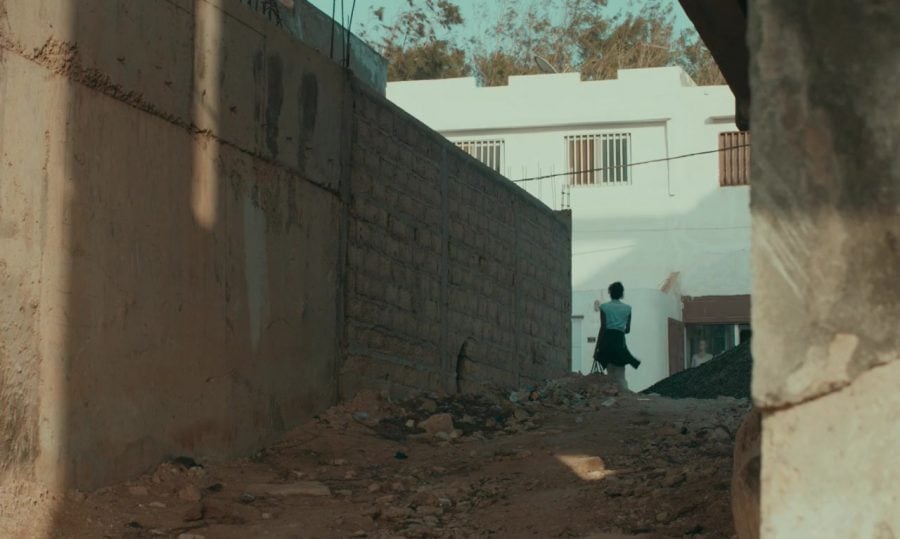From Steven Spielberg, Munich is the sharp and thrilling depiction of Mossad agents on a mission to avenge the Munich Massacre, the killing of 11 Israeli Olympic team members at the 1972 Summer Olympics. Despite being based on real events, it’s a work of fiction. This allows the film to stand on clear yet nuanced grounds, focusing on the moral dilemmas that may rise for the secret agents and the perpetrators, now targets. The ensemble cast including Daniel Craig and Eric Bana allow Spielberg to deliver the film you can tell he wanted to make. A personal and striking effort.
Genre: Action, Drama, History, Mystery, Thriller
Actor: Abdelhafid Metalsi, Alexander Beyer, Ami Weinberg, Amos Lavi, Amrou Al-Kadhi, Andreas Lust, Arturo Arribas, Ayelet Zurer, Baya Belal, Ben Youcef, Bijan Daneshmand, Brian Goodman, Carim Messalti, Charley Gilleran, Ciarán Hinds, Daniel Bess, Daniel Craig, David A. Hamade, Dianne Zaremba, Djemel Barek, Eric Bana, Faruk Pruti, Félicité Du Jeu, Geoffrey Rush, Gila Almagor, Guri Weinberg, Guy Amir, Hagit Dasberg, Hanns Zischler, Hiam Abbass, Hicham Nazzal, Hichem Yacoubi, Hisham Suliman, Igal Naor, Jalil Naciri, Jim McKay, Jonathan Avigdori, Jonathan Uziel, Joram Voelklein, Karim Saidi, Karim Saleh, Kevin Collins, Laurence Février, Lili Bordán, Liron Levo, Lisa Werlinder, Lyes Salem, Lynn Cohen, Mahmoud Zemmouri, María Casal, Marie-Josée Croze, Marie-Josée Croze, Martin Ontrop, Mathieu Amalric, Mathieu Kassovitz, Mehdi Nebbou, Meret Becker, Merik Tadros, Michael Lonsdale, Michael Schenk, Mihalis Giannatos, Moa Khouas, Moritz Bleibtreu, Moshe Ivgy, Mostefa Djadjam, Mouna Soualem, Mousa Kraish, Nasser Memarzia, Ohad Knoller, Omar Metwally, Omar Mostafa, Ori Pfeffer, Ossie Beck, Patrick Kennedy, Rad Lazar, Raffi Tavor, Renana Raz, Richard Brake, Rim Turki, Robert John Burke, Sabi Dorr, Saïda Bekkouche, Sam Feuer, Sami Samir, Sarah Mennell, Sasha Spielberg, Sharon Alexander, Shmuel Edelman, Souad Amidou, Stéphane Freiss, Steven Spielberg, Tom Wlaschiha, Ula Tabari, Valeria Bruni Tedeschi, Valeria Bruni‑Tedeschi, Wojciech Machnicki, Yehuda Levi, Yvan Attal
Director: Steven Spielberg

